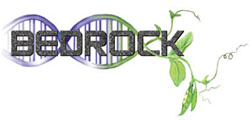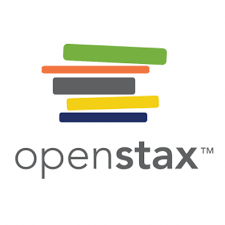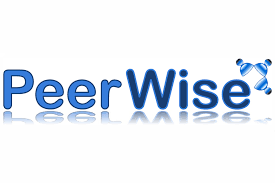Related Materials and Opportunities:
As mentioned above, this poster was presented at the 16th Annual Open Education Conference, which was held on October 30 - November 1, 2019 in Phoenix, AZ. To learn more about this conference, check out the conference program or explore the hashtag #OpenEd19 on Twitter.
The author of this resource is a QUBES Ambassador who has participated in QUBES Faculty Mentoring Networks (FMNs), including the 2015 Agent-Based Modeling FMN, in which participants implemented agent-based teaching modules using NetLogo, and the 2019 Serenity Now! FMN, which focused on creating data-driven modules using platform-independent browser-based R applications Radiant and Serenity. The author has also attended several BioQUEST & QUBES Summer Workshops, most recently participating in Evolution of Data in the Classroom: From Data to Data Science, which focused on how data science practices can enhance biology education. The 2020 BioQUEST & QUBES Summer Workshop will be held on June 22-27, 2020 in Pittsburgh, PA. If you are interested in receiving information about this workshop, please subscribe to updates.
Not only has the author taken advantage of the QUBES cyberinfrastructure and resources to support her activities as an Open scholar, she has also engaged with several QUBES Partners and related groups, and cites these as essential elements of her “open cube of practice”. Below you can find a few of the projects and resources that the author references in the poster. Click on their logos to learn more.

BEDROCK (Bioinformatics Education Dissemination: Reaching Out, Connecting, and Knitting-together) is an NSF-funded project aimed at integrating bioinformatics throughout the undergraduate biology curriculum, using an inquiry-based approach in which students explore and analyze actual data in a way that recreates the experience of conducting research.

The National Center for Case Study Teaching in Science (NCCSTS) promotes the nationwide application of active learning techniques to the teaching of science, with a particular emphasis on case studies and problem-based learning.

ScienceCaseNet supports a community of science educators, learners, researchers, developers, and professional organizations interested in furthering the accessibility, development, and use of cases and problem based learning (PBL).

Science Education for New Civic Engagements and Responsibilities (SENCER), the signature initiative of the National Center for Science & Civic Engagement, is a national project focused on empowering faculty and improving STEM teaching and learning by making connections to civic issues.

OpenStax is a nonprofit educational initiative based at Rice University whose mission is to give every student the tools they need to be successful in the classroom. OpenStax publishes high-quality, peer-reviewed, openly licensed college textbooks that are absolutely free online and low cost in print.

BioQUEST actively supports undergraduate biology education through the collaborative development of open curricula in which students pose problems, solve problems, and engage in peer review.

PeerWise is an open question authoring tool that allows students to author questions, and also to answer other students' questions. The site allows for comments and ranking and also has a badge system to encourage students to participate actively with the tool.

CourseSource is an open-access journal of peer-reviewed teaching resources for undergraduate biological sciences.